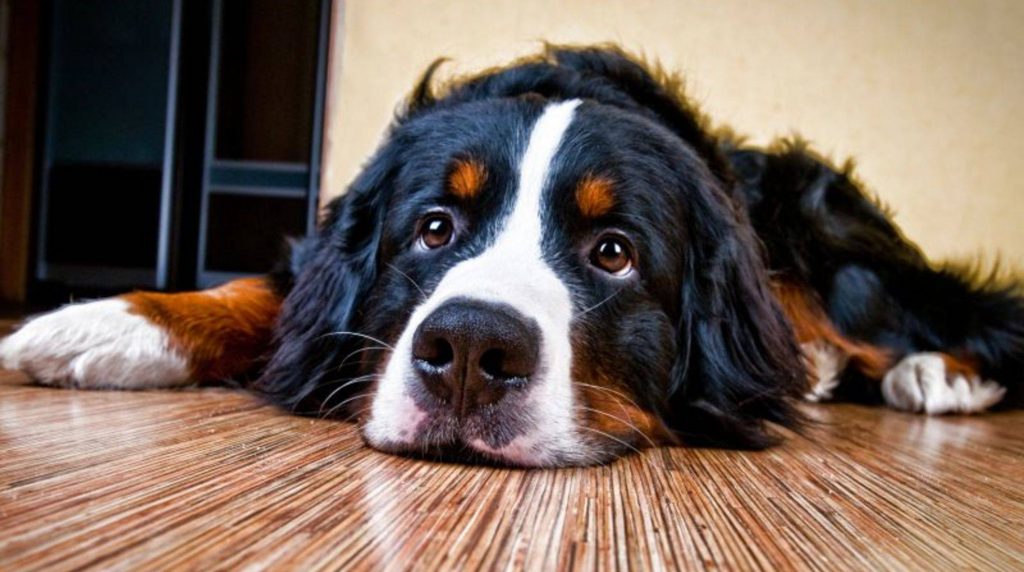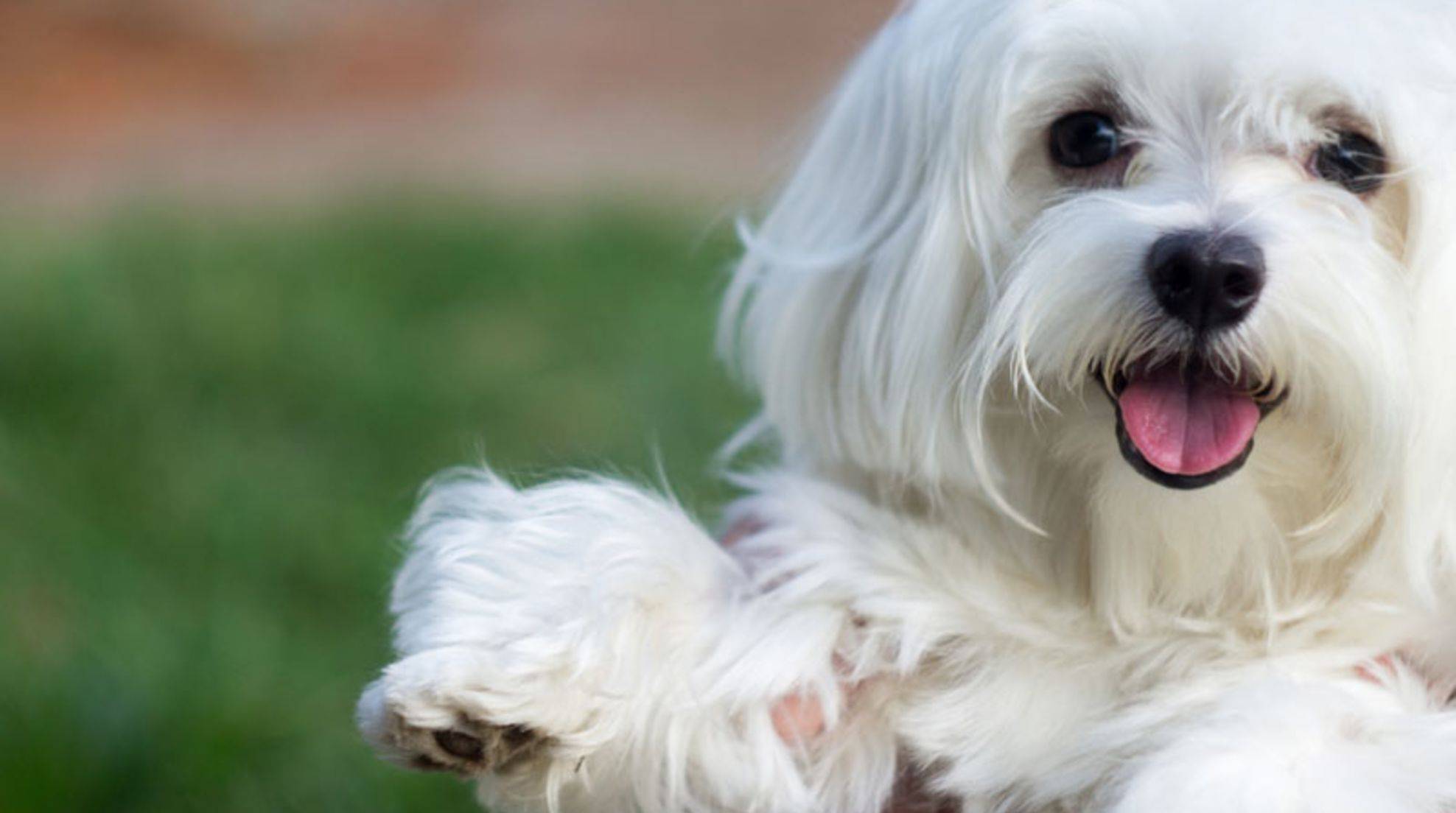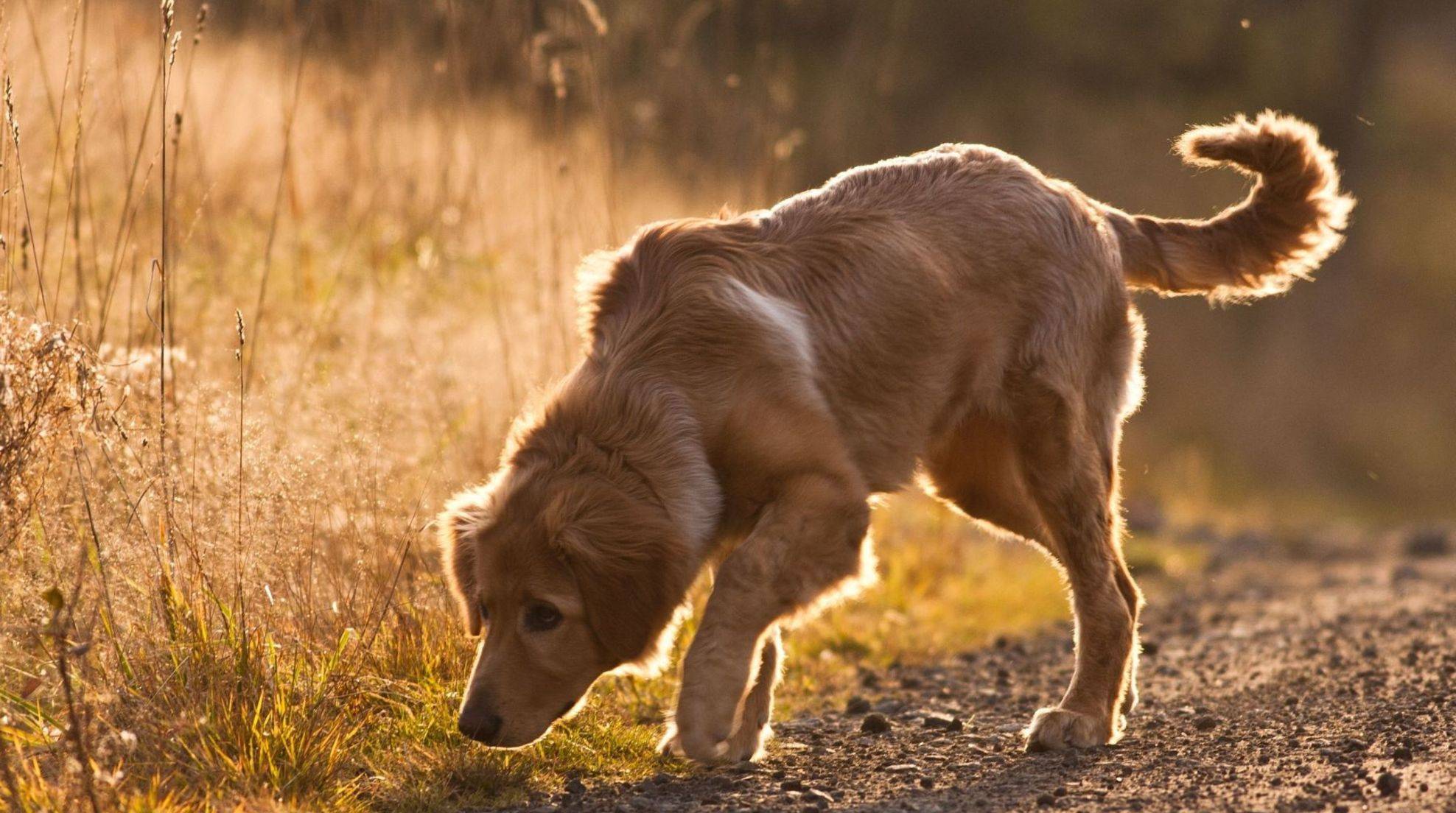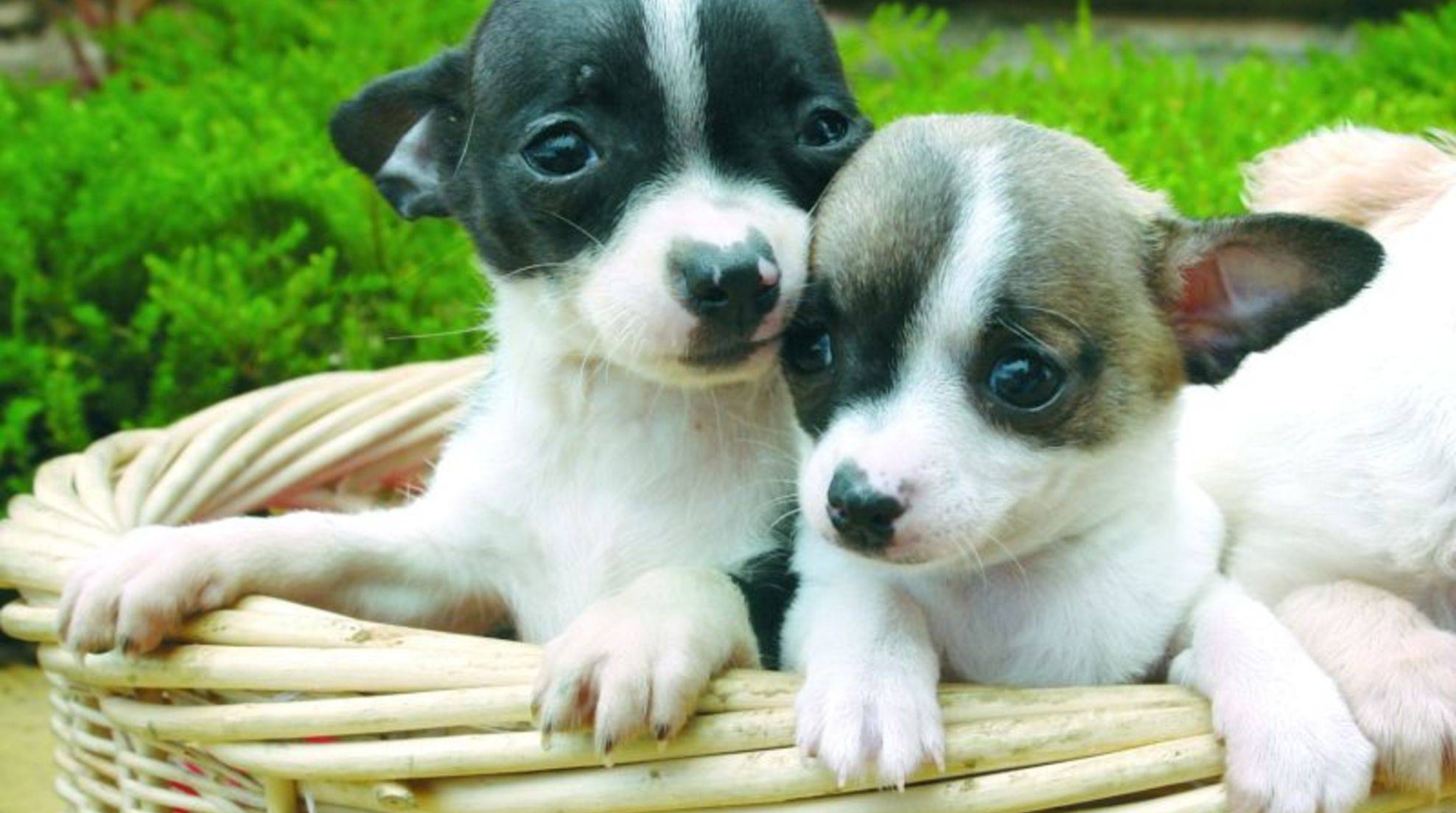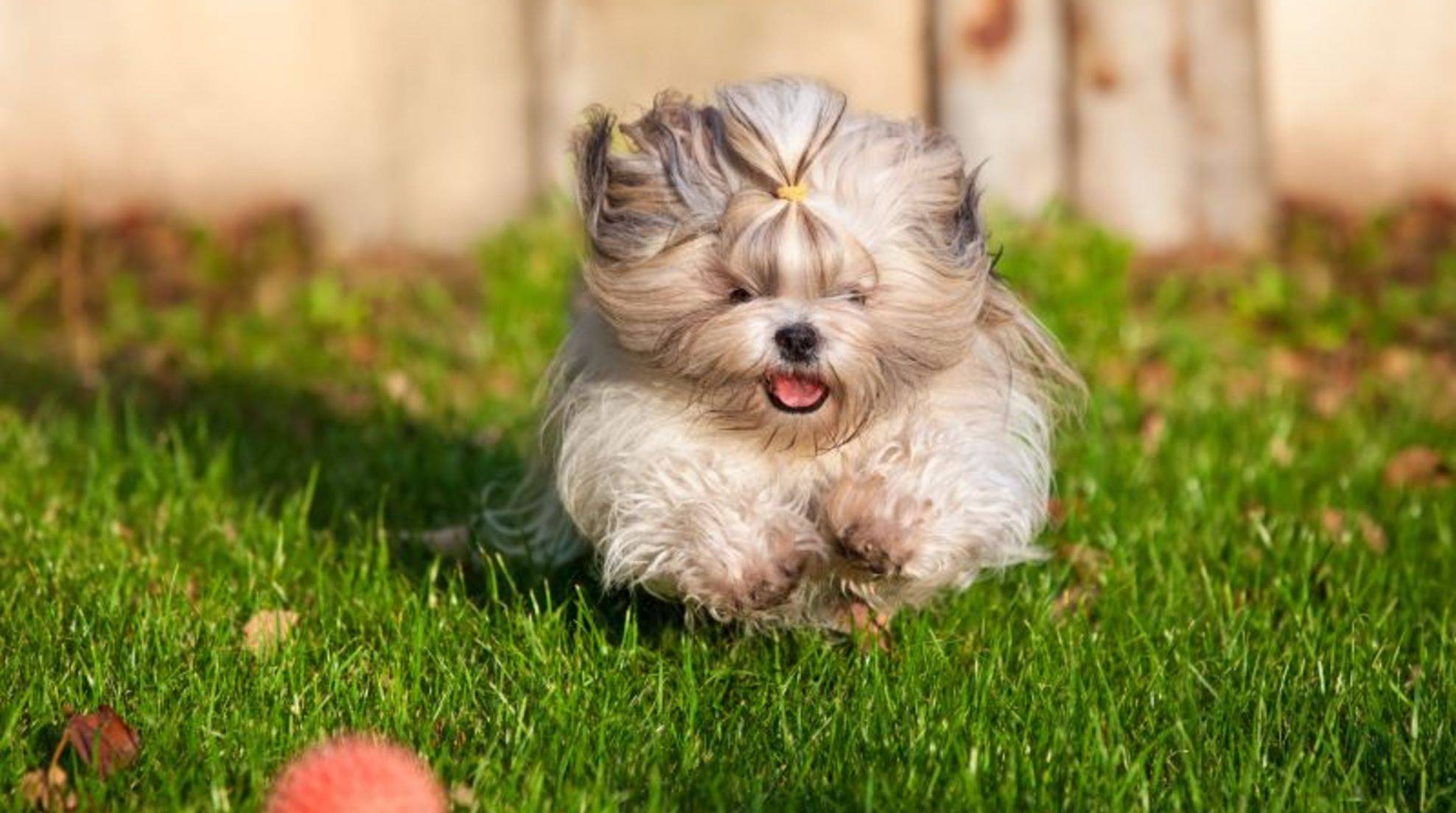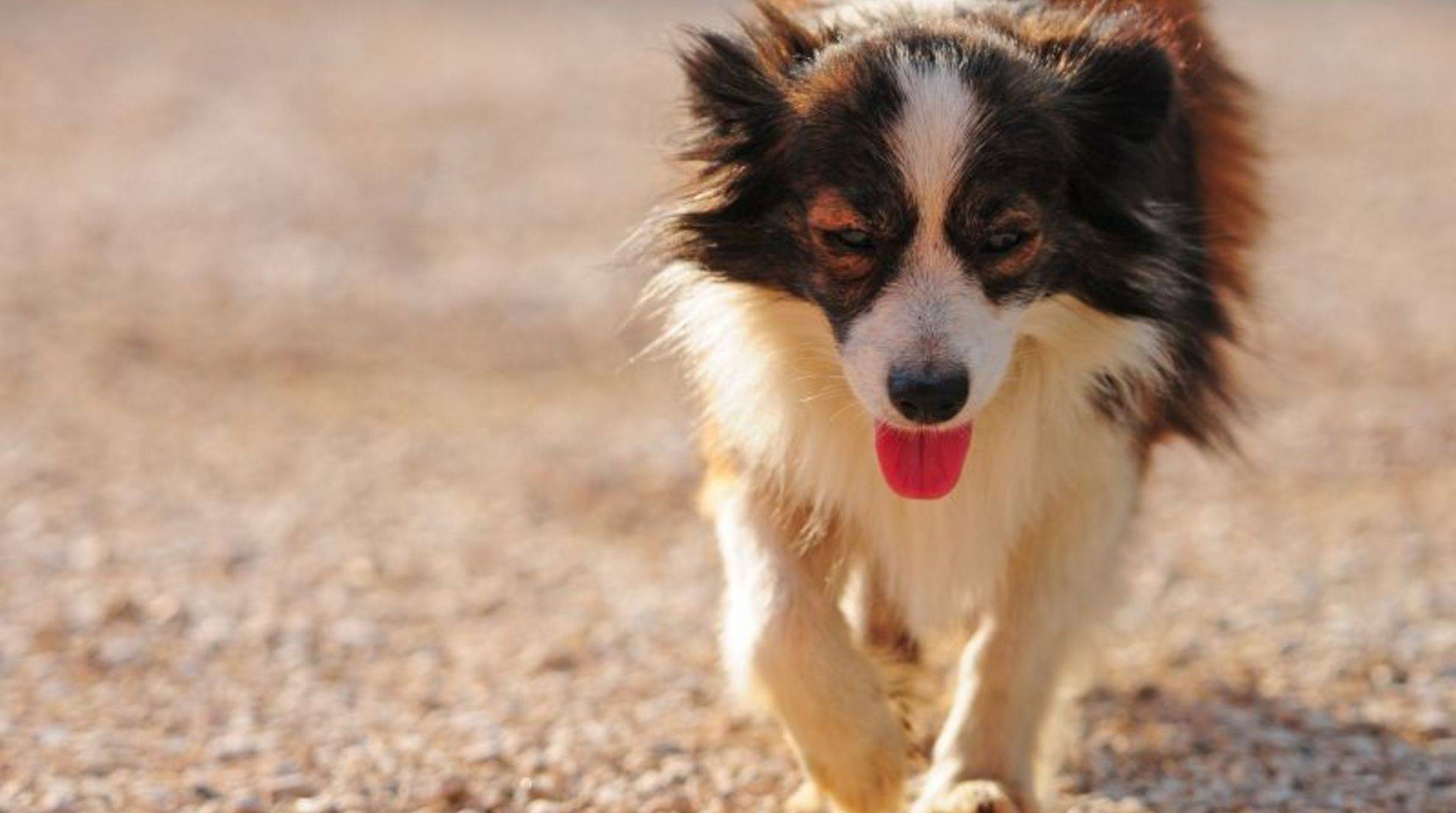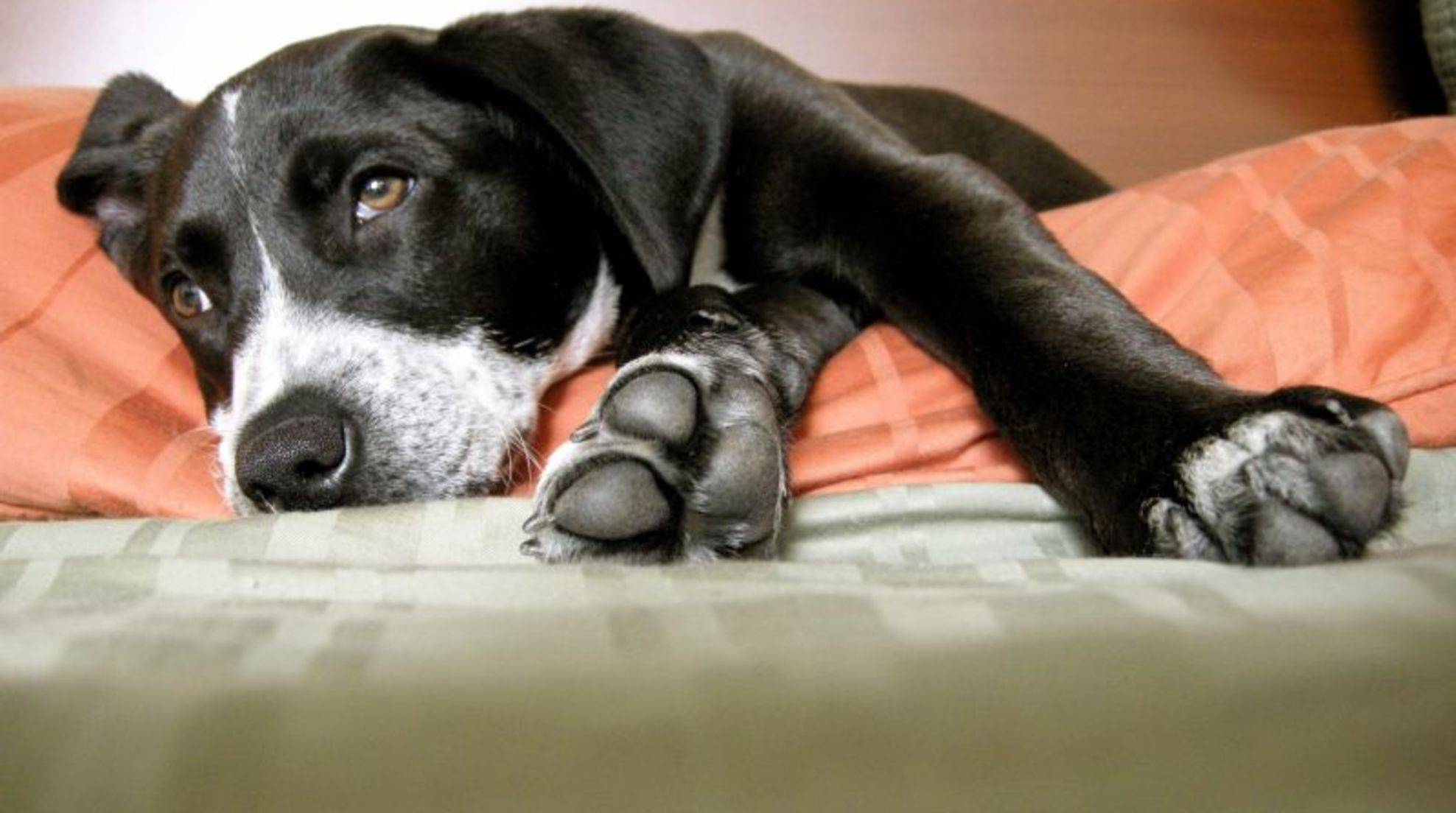Does the dog have a cold? Possible symptoms and treatment
Animals can also catch a cold. Here you can find out how to recognize a cold in a dog, how to treat colds and the like, and when you should take your four-legged friend to the vet.
Dogs can quickly catch a cold in wet and cold weather conditions, a weak immune system, or contact with other sick four-legged friends. However, a mean dog is not necessarily a cause for concern. But what are the actual symptoms of a cold in a four-legged friend?
Does the dog have a cold? These are possible symptoms.
If the dog has a cold, various signs can occur in combination with each other or individually. Sneezing, a runny dog nose, and watery eyes cold symptoms in dogs are pretty similar to those in humans.
Also, the fact that a cold quadruped often wipes its paws over the dog’s nose, or rubs it on objects, can indicate a cold.
Sooner or later, many dogs with a cold also have a cough – if it is worse, the dog also suffers from a fever and seems particularly weak.
In the context of the cold, your four-legged friend may also snore excessively. Also, a rattle, which is due to the narrowing of the respiratory tract, is then not uncommon.
The general condition of the quadruped as a sign of a cold
In addition to the typical symptoms of hard, many dog owners also recognize that something is wrong with their pet by its general condition. Probably their faithful friend sleeps more than usual, seems tired and listless, and is not as agile as usual, neither when walking nor when playing.
Perhaps your cold quadruped also eats less than usual or does not even touch the food.
Here is an overview of the most common symptoms of a cold in dogs:
- Sneezing
- runny and stuffy nose
- watery eyes
- cough
- fever
- listlessness and listlessness
- loss of appetite
- rattling
Not every cold is a case for the vet. As long as it is a mild cough and cold, you can get your four-legged friend back into shape with the following treatment options.
Treat a cold in a dog: What helps?
As a rule, a dog cold goes as quickly as it came. The most important thing for your little patient – as with a human – is rest and a warm place to sleep. Plenty of sleep is worth its weight in gold when you have a cold.
Allow your pet a few days to regenerate and preferably take only short walks in the fresh air with him – without long breaks in the cold and not in wet and cold weather. In addition, one thing above all must not be missing: sufficient liquid.
Treatment of a dog cold: Drinking plenty of fluids is important
One of the most important treatments is to make sure your hard dog drinks plenty of fluids. As with us humans, water helps flush out the germs that cause the cold and keep the mucous membranes from drying out.
If your patient doesn’t want to drink enough on their own, you can soak dry food a little with water to trick them a bit.
Caution. In any case, you should refrain from giving your pet medications intended for humans. They are unsuitable for quadrupeds and can even lead to poisoning.
The dog has a cold: When to go to the vet?
Observe your sick dog – if the signs are powerful or the symptoms do not improve after a few days of rest, you should take him to the vet. Fever is also better treated by the veterinarian. Strong cough and viscous sputum are also signs that you should go to the doctor with your furry nose.
Here are the symptoms that visit the vet necessary:
- severe fatigue and weakness
- Dog does not eat and drink or drinks very little
- nasal discharge is viscous and yellow or greenish
- severe coughing
- persistent sneezing
- shortness of breath
- fever
Cold dog: does he need medication?
If your dog has a fever with a temperature of more than 38.5 degrees Celsius or the discharge from the nose turns greenish or yellowish, you should also consult a veterinarian. There could be a bacterial infection that needs to be treated with antibiotics. However, antibiotics do not help against a typical cold, which is caused by viruses.
Other treatment options for severe cough, for example, are cough suppressants.
Is cold in a dog contagious to humans?
When dogs suffer from coughs, colds, and a blocked nose, many owners are afraid their four-legged friends will catch it. But is this even possible?
One thing is sure: a cold in a dog is viral, and the virus can spread quickly among the animals themselves. However, unlike rabies, for example, there is usually no danger to humans.
Transmission from animal to human and vice versa is very unlikely with a cold. There are many different cold viruses, and usually the cold viruses that affect dogs do not affect humans and vice versa.

